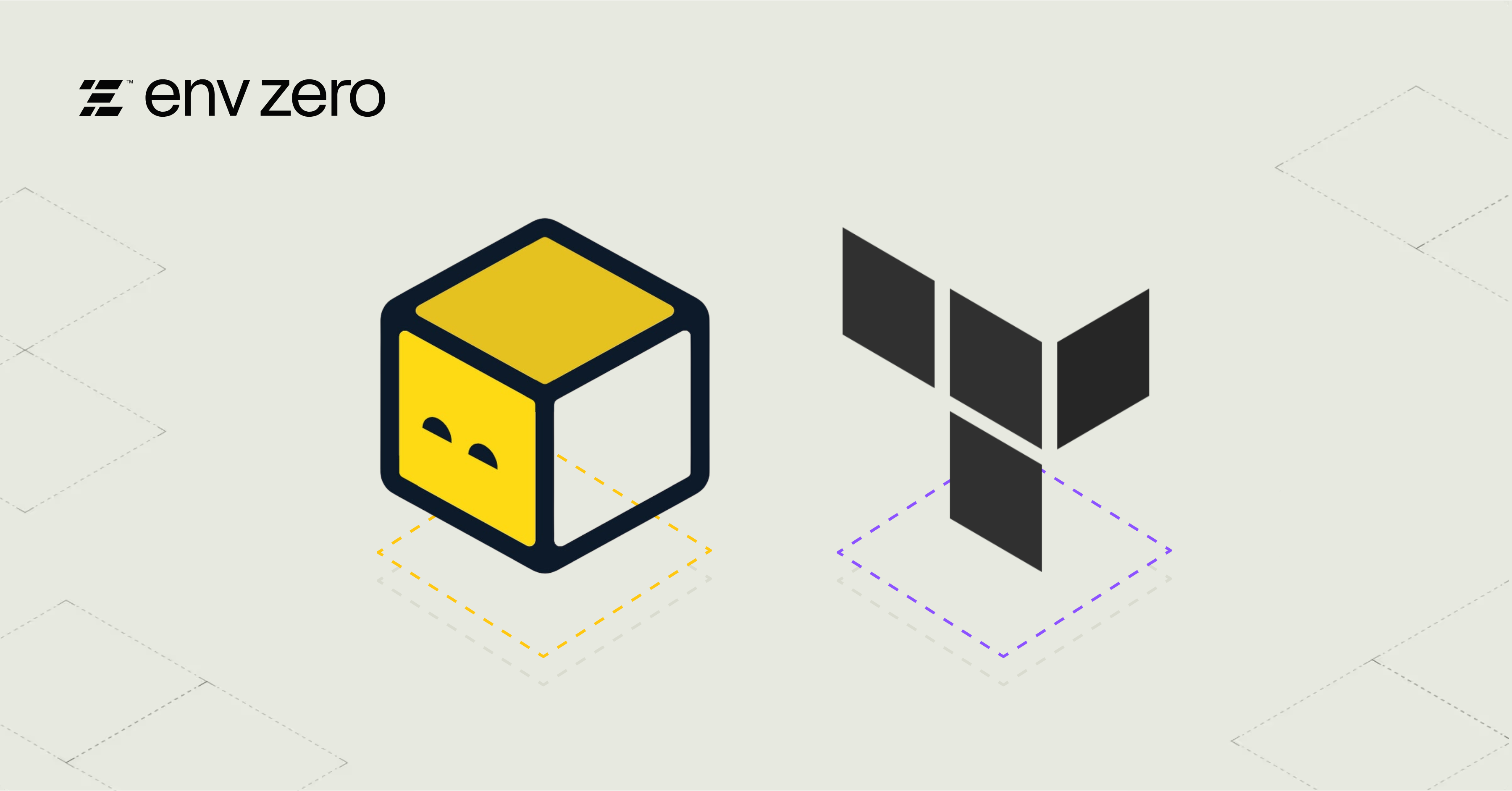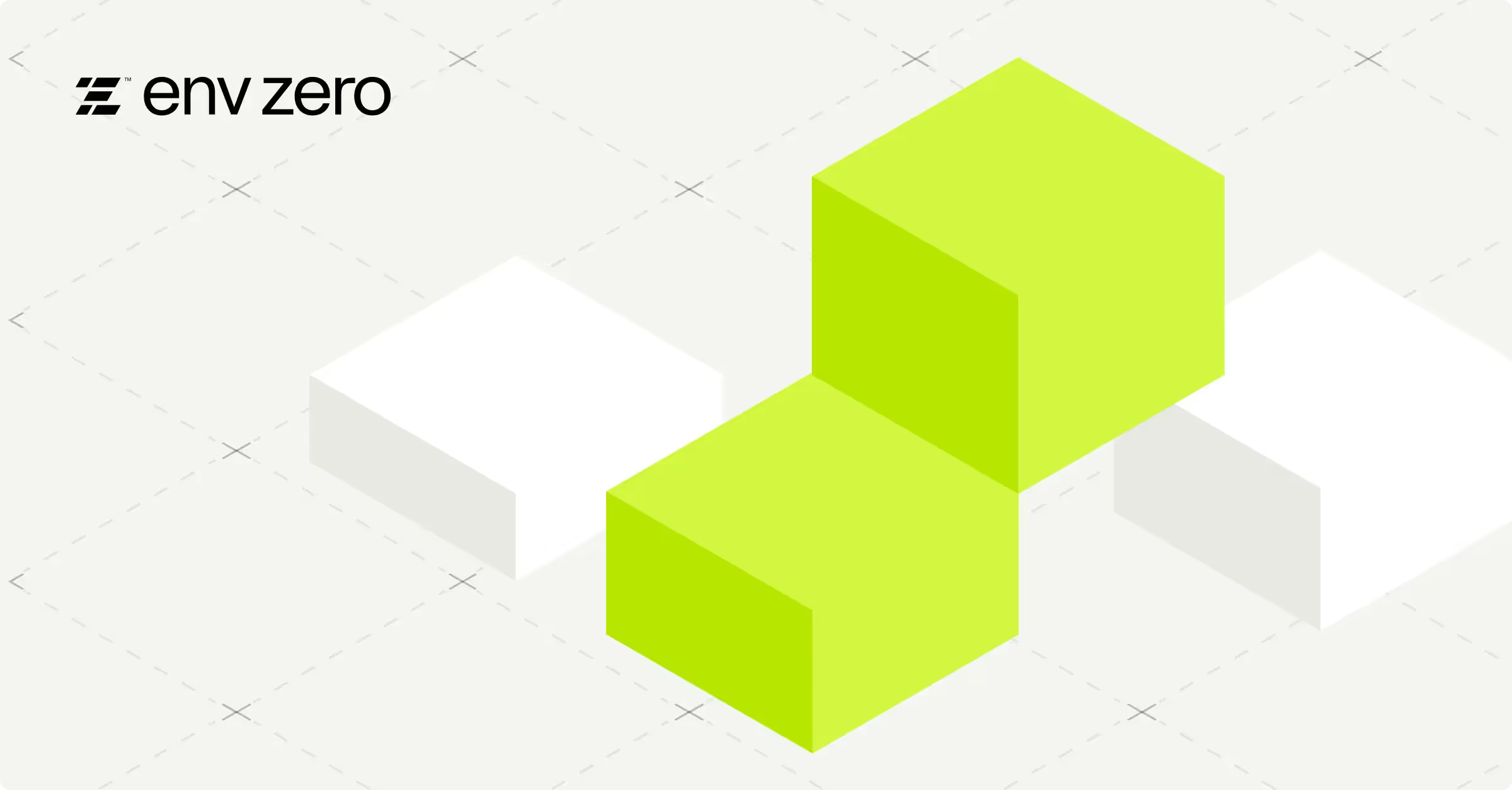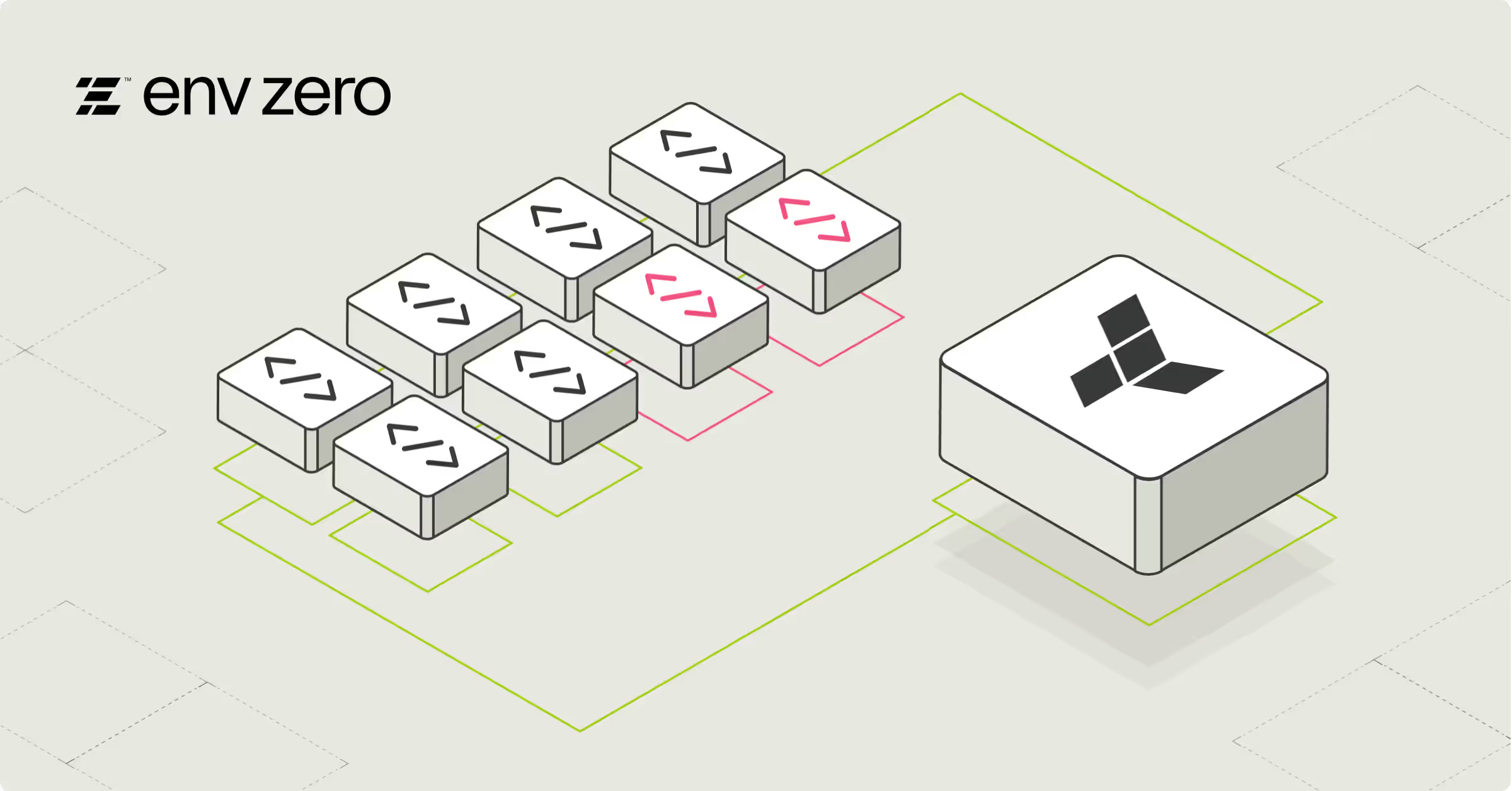

OpenTofu release candidate (v1.6.0-RC) is out today, just in time for the holidays. This marks the last major milestone before the general availability release on January 10, 2024. To complement the release, we're pleased to share that env0 now supports Terragrunt in OpenTofu deployments.
From Idea to Release Candidate in 4 Months
This release carries momentum through the end of 2023 following the spring of a beta stage only a month ago - a momentum that has been building up since August 10 when HashiCorp announced that it would shift away from Terraform’s open source licensing.
Following that announcement, we published the OpenTF manifesto on August 15 – together with Gruntworks, Spacelift, Scalr, and Harness – underlining our resolve to maintain a permanently open-source version of Terraform.
Throughout the end of the summer, we worked hard to make this a reality, knocking down milestones one after another. The fork was announced on August 25 and the repo went public on September 5. By September 20, the project had rebranded as OpenTofu and officially joined the Linux Foundation. The alpha rolled out on October 4 and beta with a Homebrew-inspired registry went live on November 29.
As of today, OpenTofu surpassed 31,000 downloads, has 60 committers, and over 1,550 pull requests and issues. The project’s main repository has also amassed over 16,450 GitHub stars on top of the 36,200+ GitHub stars for the manifesto itself.
Extending Terragrunt Support to OpenTofu
env0 has extended its existing support for Terragrunt now to OpenTofu, allowing anyone previously using Terragrunt in their workflows to seamlessly transition to the new platform.
Terragrunt by Gruntwork is a critical component of the Open Source ecosystem and, perhaps, is the most popular third-party open source tool for Terraform. On OpenTofu specifically, Gruntwork grunts have been there since Day 1, both as a part of the founding team and with a representative on the project steering committee.
This shouldn’t come as a surprise, as Terragrunt is a major component of many IaC tech stacks. Case in point, on average it accounts for ~41% of all applies in the env0 platform. Its most common use case is implementing DRY (Don’t Repeat Yourself) code, including CLI flags and state configurations, with a single, referenceable repo; multi-module setups; and granular versioning.
To take full advantage of implementing Terragrunt, users should structure their configs into modules so the software can reference modules by specific versions. By offering full support for Terragrunt’s integration with OpenTofu, users can continue with their recognizable Terragrunt-inclusive workflow.
env0 users can use Terragrunt to maintain local Terraform state and work with cross-module dependencies. We also offer support for [.code]terragrunt include dir[.code], which operates in a run-all mode that limits [.code]plan[.code] and [.code]apply[.code] to modules with a specific environment variable.
Why Should You Care About OpenTofu
The implications of Terraform license changes will vary from person to person and organization to organization. However, whether you are currently using Terraform or considering its adoption, rest assured that these changes will have a significant impact on you—either immediately or down the line.
With this in mind, let me outline four main reasons why I think all Terraform users should care about OpenTofu:

1. No Vendor Lock-in
With OpenTofu, companies will retain bargaining power when buying new software, plus the ability to mix and match tools as your developers see fit.
In contrast, your options will evaporate if you commit to Terraform from v1.6 or later. It will lock you into the HashiCorp ecosystem and restrict your ability to use other tools as part of your Infrastructure-as-Code workflow. Even worse, the further into the future you go, a hypothetical decision to switch from later versions of Terraform will be increasingly more expensive in terms of time, money, and resources.
Having options is always better than not. OpenTofu protects the organization from more expensive vendor switches later. It preserves both interoperability and data portability, both within your infrastructure and in the event of possible migration decisions down the line. It's the smart, mature, pragmatic approach.
2. No Integration Limitations
Several organizations central to the IaC ecosystem, including Grunwork, VMWare and Alpine Linux (APK), have already announced that some of their tools will not support Terraform v1.6 and above, in order to stay in line with their own open source policies.
It’s likely more will follow suit, driven by ideology or necessity. OpenTofu serves as a conduit to valuable tools – both current and future – to have access to more Open Source resources as time goes on.
3. Community Support
Open source utilizes the wisdom of the crowd. As such, OpenTofu will keep a collaborative atmosphere, which means a diverse pool of contributors with multiple experiences and opinions pitching in, as opposed to one particular approach favored within one specific organization.
With Terraform, that engagement was already declining as most new contributions came from HashiCorp employees. To put it in numbers, data shows that following the license change, the number of non-HashiCorp contributions plummeted to below 10% of all contributions.

4. Drop-In Replacement
Migration is quick and easy, while previous Terraform resources (.tf files, providers, modules, etc.) are immediately compatible with OpenTofu. It also comes with its own version of integration testing, keeping up with changes from Terraform v1.6. You will be able to keep your previous IaC workflows and tech stacks without any disruption to your plans.
Take it for a Spin
The release candidate is the culmination of four months of marathon work by a coalition of companies and individuals to launch a permanently Open Source option for the Infrastructure-as-Code ecosystem.
As we thunder toward the GA release of OpenTofu v1.6.1 in on January 10, 2024, you can follow progress by joining the community on Slack and GitHub. Take OpenTofu for a spin yourself with env0!

.webp)





